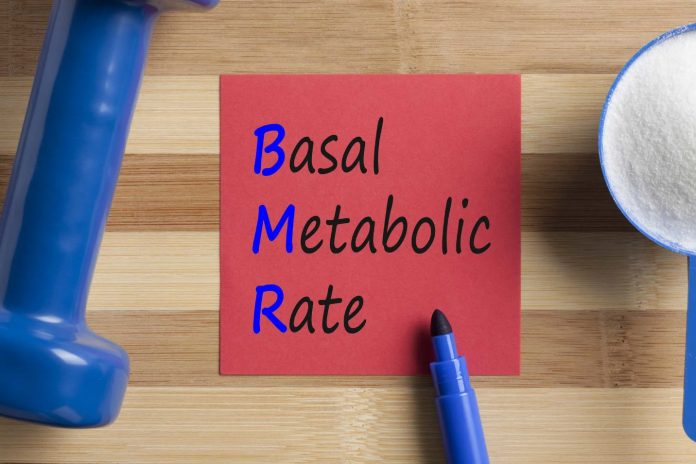Metabolism is the process by which your body converts what you eat and drink into energy. During this complex process, calories in food and beverages combine with oxygen to release the energy your body needs to function. Metabolism affects the amount of energy we have to carry out the daily activities needed for our existence. The number of calories you gain from the food you eat and the number of calories you burn as a result of the daily activities determine your body weight. Basal Metabolic Rate is the number of calories required to keep your body functioning at rest. BMR is also known as your body’s metabolism.
Why BMR is important?
Knowing your Basal Metabolic Rate is important whether you want to maintain your weight, lose weight, or even gain weight. Your BMR can help determine what number of calories you should be eating in order to meet your goals. If you want to lose weight, you will need to eat less than your BMR (or maintenance calories). If you want to gain weight, you will have to eat more.
Factors influencing BMR:
- Body size – larger adult bodies have more metabolizing tissue and a larger BMR.
- Amount of lean muscle tissue – muscle burns kilojoules rapidly.
- Amount of body fat – fat cells are ‘sluggish’ and burn far fewer kilojoules than most other tissues and organs of the body.
- Crash dieting, starving or fasting – eating too few kilojoules encourages the body to slow the metabolism to conserve energy. BMR drops up to 15 per cent and also the loss of lean muscle further reduces the BMR.
- Age – metabolism slows with age due to loss of muscle tissue, but also due to hormonal and neurological changes.
- Growth – infants and children have higher energy demands per unit of body weight due to the energy demands of growth and the extra energy needed to maintain their body temperature.
- Gender – generally, men have faster metabolisms because they tend to be larger.
- Genetic predisposition – your metabolic rate may be partly decided by your genes.
- Hormonal and nervous controls – BMR is controlled by the nervous and hormonal systems. Hormonal imbalances can influence how quickly or slowly the body burns kilojoules.
- Environmental temperature – if temperature is very low or very high, the body has to work harder to maintain its normal body temperature, which increases the BMR.
- Infection or illness – BMR increases because the body has to work harder to build new tissues and to create an immune response.
- Amount of physical activity – hard-working muscles need plenty of energy to burn. Regular exercise increases muscle mass and teaches the body to burn kilojoules at a faster rate, even when at rest.
- Drugs – like caffeine or nicotine, can increase the BMR.
- Dietary deficiencies – for example, a diet low in iodine reduces thyroid function and slows the metabolism.

























